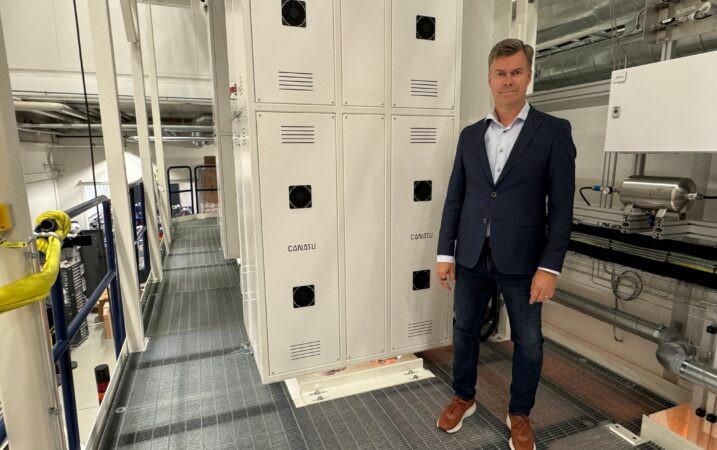Canatu Plc has received Site Acceptance Test (SAT) approval for its first CNT100 SEMI reactor and for the related post-processing peripherals, shipped to a semiconductor customer in September 2024. The equipment successfully passed the extensive tests conducted on-site at the customer’s premises and met the stringent technical requirements and specifications defined in the acceptance criteria. This confirms the CNT100 SEMI reactor’s readiness for mass production of CNT pellicle membranes.
“As far as we know, this marks the world’s first CNT reactor qualification for EUV pellicle manufacturing. Receiving SAT approval is a significant milestone for Canatu and for advanced semiconductor technologies. For the first time, our CNT100 SEMI reactor and its peripherals have been approved by the customer and are now ready for CNT pellicle membrane mass production. We sincerely thank everyone involved for their outstanding collaboration, which made this historical achievement possible,” said Juha Kokkonen, CEO of Canatu.
Last steps before pilot and risk mass production
The next step for the customer is to secure final approval for the ready CNT pellicle product and the complete manufacturing line, before pilot and risk mass production can begin. This phase would initiate the mass production of CNT pellicle membranes, generating non-recurring revenue from technology licensing, as well as recurring revenue from royalties on CNT pellicle sales, and from reactor consumables.
Site Acceptance Test (SAT) means that the equipment is tested on-site after Factory Acceptance Test (FAT) to ensure the reactor and peripherals operate as intended in real use conditions. The SAT process included several output and product quality tests. With the SAT approval, Canatu’s CNT100 SEMI reactor and peripherals are now ready for mass production.
Accelerated demand for advanced semiconductors
Demand for advanced semiconductors is accelerating due to the rapid growth of artificial intelligence. EUV (Extreme Ultraviolet) lithography is gaining traction, especially for sub-7 nanometer chips—the fastest-growing segment. Canatu is well-positioned to support this shift with its advanced CNT pellicle membranes, which outperform traditional composite pellicles. These membranes offer higher EUV transmission and greater thermal resistance, enabling them to withstand the extreme heat loads of 600W EUV lithography tools used to produce the most advanced chips.


